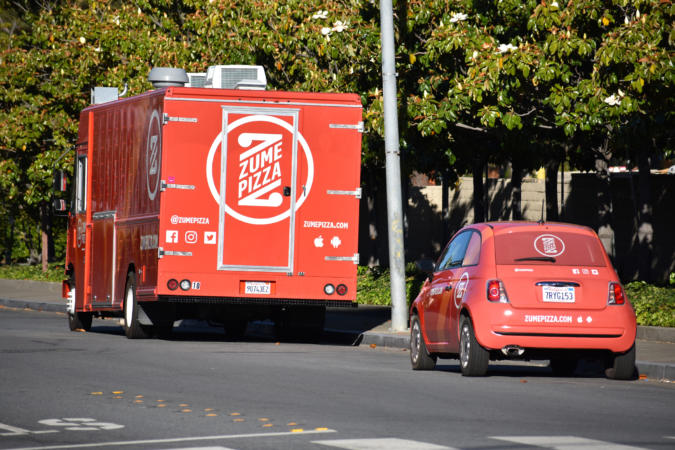Showing 4 results for:
Minority Startups
Popular topics
All results

Several Marketing-Technology firms have decided to take practical steps toward empowering Black entrepreneurs. Executives from Amplitude, Branch, Braze, mParticle, and Radar have joined forces to offer their technologies free-of-charge to Black-founded businesses that have bootstrapped or raised less than $30 million in VC funding, and employ less than 150 people. Will Crocker, VP, Customer and Partner Marketing at Braze told MarTech Today that mParticle’s CEO Michael Katz reached out to him with the idea in early June 2020. “We wanted to figure out what we could do within our expertise to give back to the larger community,” Crocker told MarTech Today. “Our mission is to create an eco-system that provides technology to empower these Black entrepreneurs, and we just want to level the playing field.” In their announcement on Braze’s website, Myles Kleeger, the President & Chief Customer Officer at Braze said: “Before Braze can make an impact on the world, we have to first start by...

Zume Pizza — the billion-dollar robotic pizza company founded in 2015 by Julia Collins and Alex Garden — has reportedly shut down its robotic pizza-making operations and laid off 360 employees , which amounts to over 50 percent of its workforce, according to CNBC. As reported by TechCrunch, this is just the latest in a string of layoffs that have occurred across SoftBank’s portfolio of companies over the past few months. In 2018, SoftBank — investor in the embattled WeWork and Uber — funded Zume to the tune of $375 million. In November 2019, it was announced that Zume would be entering another fundraising round at a $4 billion valuation, according to Vox. However, it appears that the latest round of fundraising didn’t go as planned. On Jan. 6, Reuters reported a source close to Zume indicated that the company planned to layoff 80 percent of its staff. While best-known for its delivery pizza service which featured pies made by robots, not humans, Zume has actually diversified its...

For decades, Silicon Valley has held a monopoly on the tech startup industry. Some of the most successful companies of recent decades have come out of the Valley, and more startups spring from the area than anywhere else in the world. However, launching a startup in the Valley has always had severe limitations, especially for Black and brown founders. The most obvious limitation is the prohibitive cost of living in Silicon Valley. With an average house price near $1 million and the average rent inching closer and closer to $3000 , merely surviving has been a significant stress factor for most young entrepreneurs in the city. Silicon Valley’s enduring legacy of racial and gender discrimination has made everyday life particularly uncomfortable for many non-male, non-white startup founders. Over the past few years, the tech industry in cities like Seattle, Austin, and, more recently, Atlanta, have exploded. Yet, the industry seems to have overlooked one city with enormous potential:...

A recent report by Volusion reveals the 15 U.S. cities that house the largest number of minority-owned startups . California appears most often on the list, representing five cities. San Jose, Riverside, and Los Angeles occupy the top spots on the list, followed by San Francisco in fifth place and the state capital, Sacramento, in last place. Other cities in the top 10 include Miami, Florida and San Antonio, Texas. The absence of some major cities on the list points to a larger issue. Minority representation in the startup arena pales in comparison to the overall U.S. minority population. While minorities are on pace to constitute more than one half of the U.S. population in the next 25 years, minority-owned startups make up just over 25 percent of new businesses. In addition, the presence of minority-owned startups in many of the listed cities is disproportionate to the city’s overall minority population. Volusion reports that “ Out of the 50 largest metropolitan areas in the U.S.,...